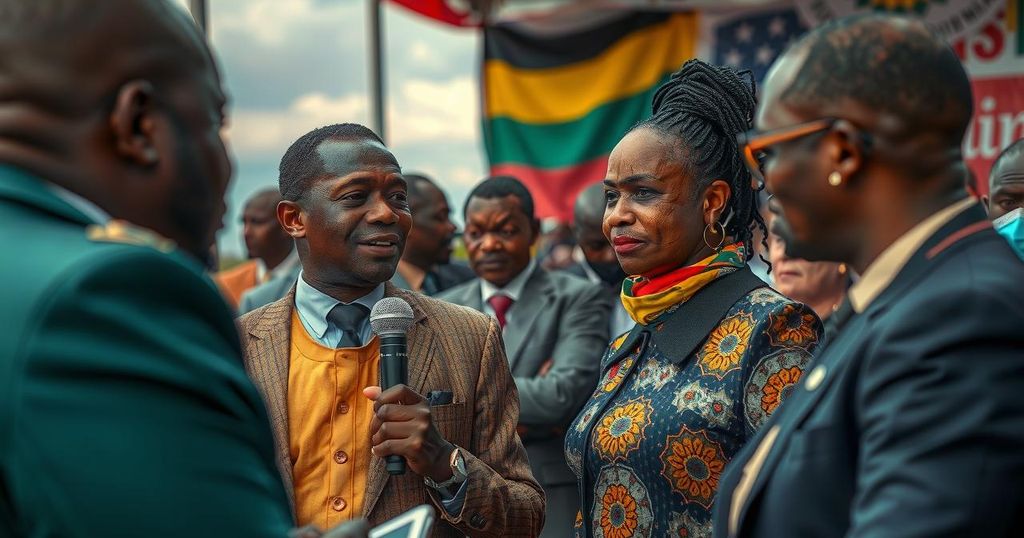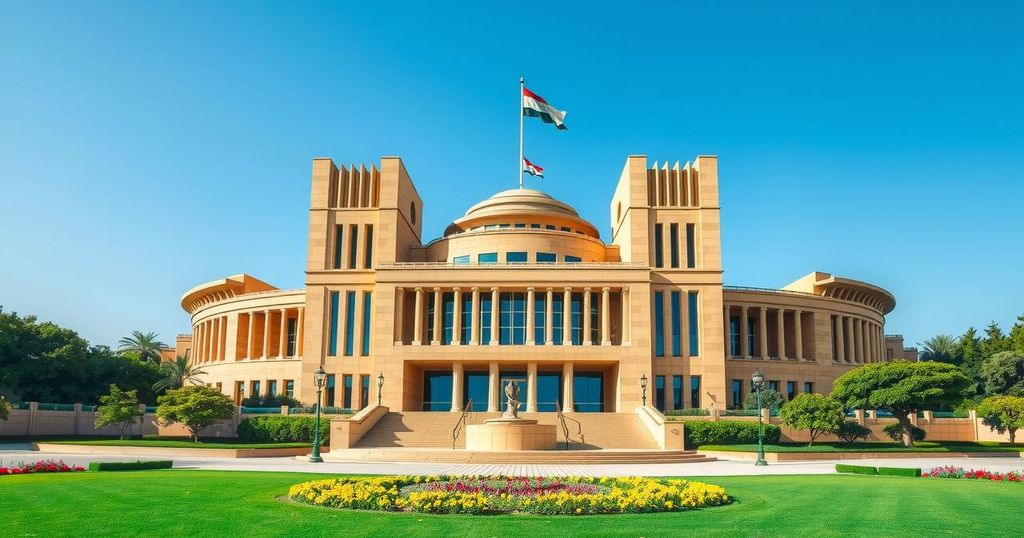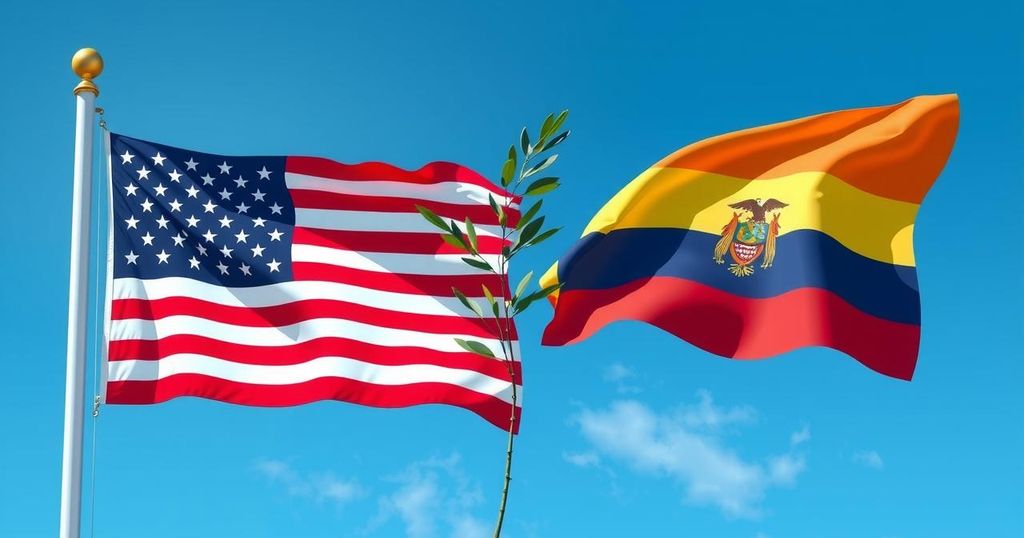Namibia’s Pivotal Election: Female Leadership on the Horizon?
Namibia’s upcoming election could lead to its first female president, Netumbo Nandi-Ndaitwah of Swapo, facing strong opposition from Panduleni Itula of the IPC. Voter sentiment is shaped by dissatisfaction with traditional political leadership amid economic challenges, which opens the door for potential upheaval in government. A possible runoff election looms if neither candidate secures a majority, highlighting the intensity of the electoral competition.
Namibia is poised to potentially elect its first female president as Vice-President Netumbo Nandi-Ndaitwah of the ruling South West Africa People’s Organization (Swapo) faces off against Panduleni Itula of the Independent Patriots for Change (IPC). While Nandi-Ndaitwah’s candidacy represents a historic achievement, there is growing disillusionment towards long-standing liberation parties in southern Africa. Swapo, which has led Namibia since independence in 1990, experienced a significant downturn in support during the last election amid high unemployment rates and concerns over corruption. Nandi-Ndaitwah has held various ministerial positions over her 25-year political career, leveraging her extensive experience and commitment to teamwork to connect with voters.
Nandi-Ndaitwah’s primary opponent, Itula, is a former Swapo member who garnered attention during the previous elections for his bold approach and appeal to younger voters. He embodies a desire for economic change and has positioned himself as a credible alternative to the established ruling party. The political landscape is further complicated by a historical trend of anti-incumbency sentiment globally. Should neither candidate secure a majority, the nation could see an unprecedented runoff election. Ultimately, the candidate who most effectively addresses pressing issues like youth unemployment and corruption may emerge victorious in the upcoming election.
The upcoming presidential election in Namibia is pivotal as it could result in the election of the country’s first female leader, reflecting a broader shift towards gender representation in a region traditionally dominated by male leadership. The ruling party, Swapo, has faced increasing challenges from opposition parties, notably the IPC, which has gained traction among voters dissatisfied with the status quo. Issues such as high unemployment and economic inequality have heightened scrutiny of the ruling party’s governance, setting the stage for a more competitive election than seen in previous years. This election also resonates within the context of regional political dynamics, as several long-established parties grapple with maintaining their dominance amid changing voter expectations.
The upcoming presidential election in Namibia is a significant turning point that may see the election of the first female president in the nation, Netumbo Nandi-Ndaitwah of Swapo, amidst fierce competition from Panduleni Itula of the IPC. The election reflects broader regional sentiments of disillusionment with established parties, emphasizing the need for leadership that can address critical societal issues. As Namibia navigates this pivotal electoral moment, the outcome will hinge on which candidate resonates more with voters seeking substantive economic and social reforms while avoiding the pitfalls of historical governance failures.
Original Source: www.bbc.com




Post Comment